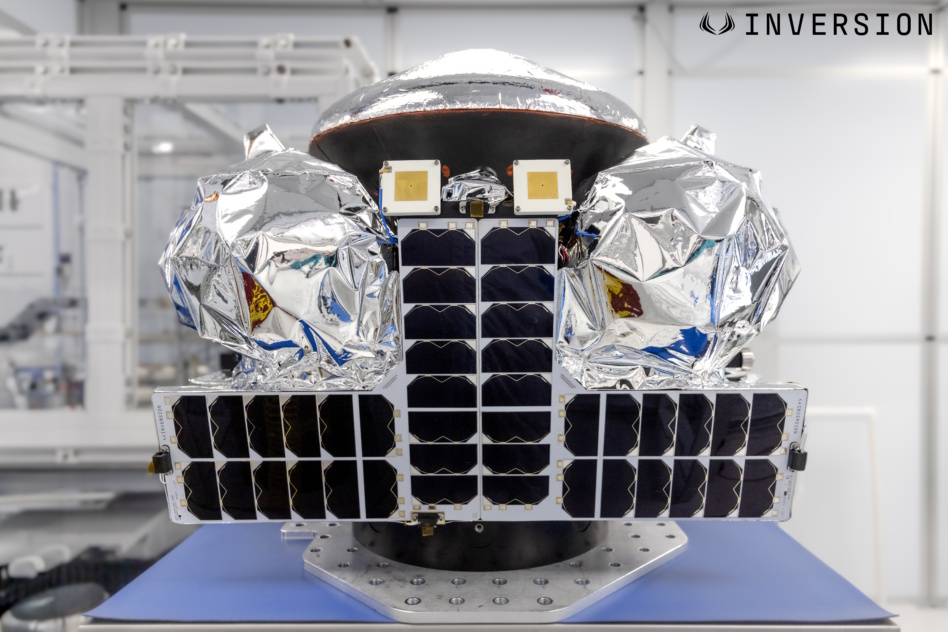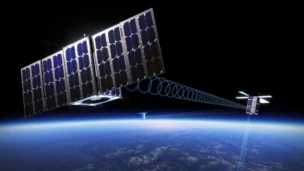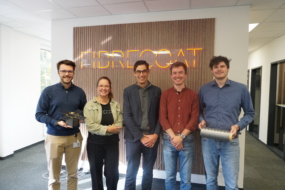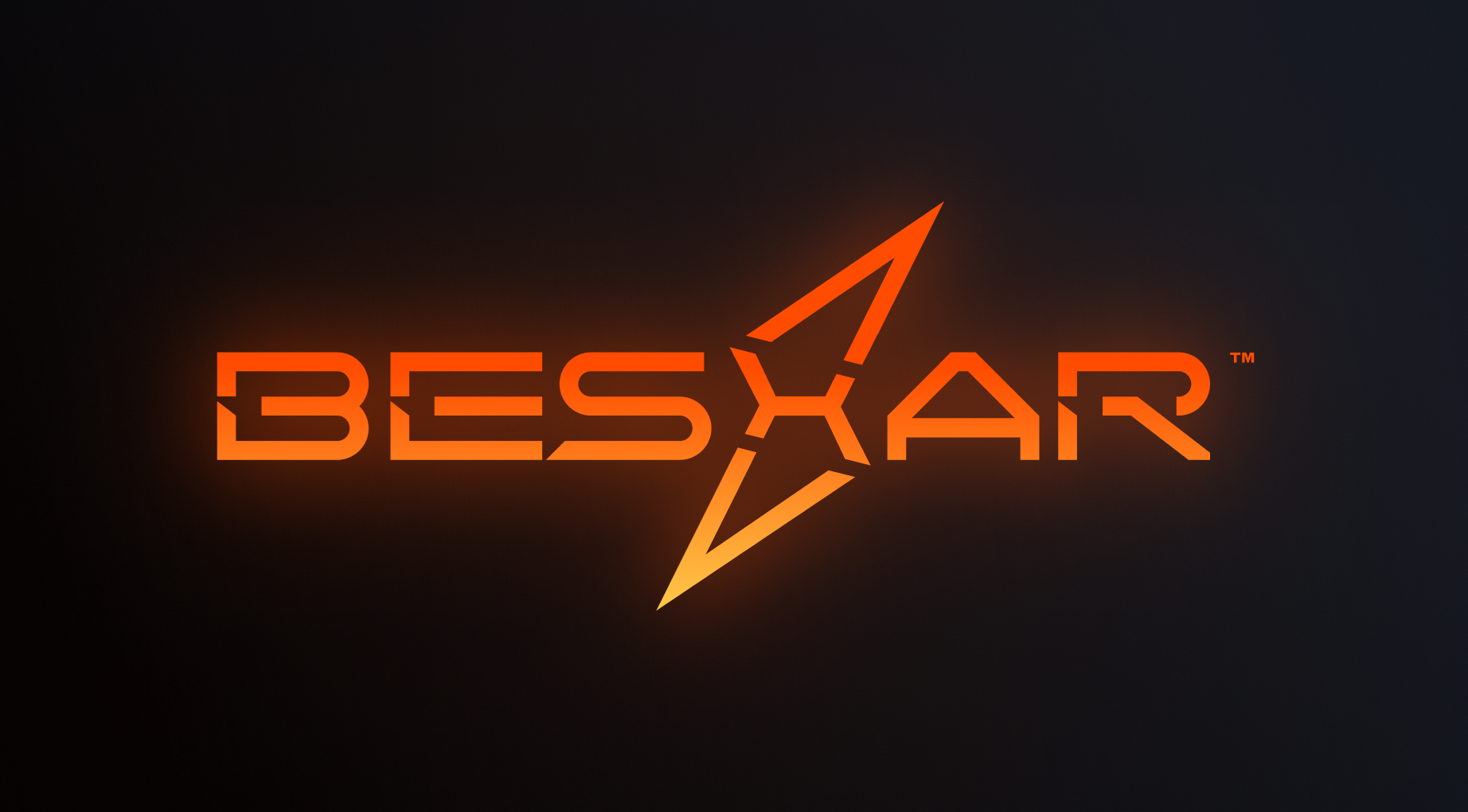Inversion, a California startup trying to crack space-based delivery with an autonomous reentry vehicle called Arc, announced a $44M Series A yesterday.
The round was led by Spark Capital and Adjacent, with investment from Lockheed Martin Ventures, Kindred Ventures, and Y Combinator, bringing the company’s total funding to $54M since 2021.
Anytime, anywhere: Inversion plans to use these funds to scale up its operations to deliver a full-scale reentry vehicle on orbit by 2026.
- Workforce: Over the next year, the company plans to grow its headcount from about 30 employees to as many as 80.
- Facilities: Inversion will invest in a new facility and headquarters where it will manufacture its Arc vehicles.
- Tech: Ray, a 20-inch diameter subscale demonstrator for the Arc reentry vehicle, will test the capsule, the bus, the propulsion systems, and the parachutes Inversion is developing in-house.
In October, Inversion received FAA approval to launch and return Ray on SpaceX’s Transporter-12 rideshare later this year.
Last 62-mile delivery: Inversion isn’t the only company betting that the future of logistics is above the Karman Line. In the last few years, the DoD has invested over $200M—including a $71M AFRL/SpaceWERX STRATFI awarded to Inversion—to make the idea a reality, backing companies like Outpost, Sierra Space, Varda, Stoke Space, and SpaceX.
For Inversion CEO Justin Fiaschetti, in-space delivery capabilities will drive a shift in national defense strategies.
“Speed is critical to any national security group,” Fiaschetti told Payload. “Every single group is going to need to have their cargo stationed in orbit and have it able to be delivered in under an hour, both domestically and internationally. So from our perspective, that’s 1000s and 1000s of capsules.”




